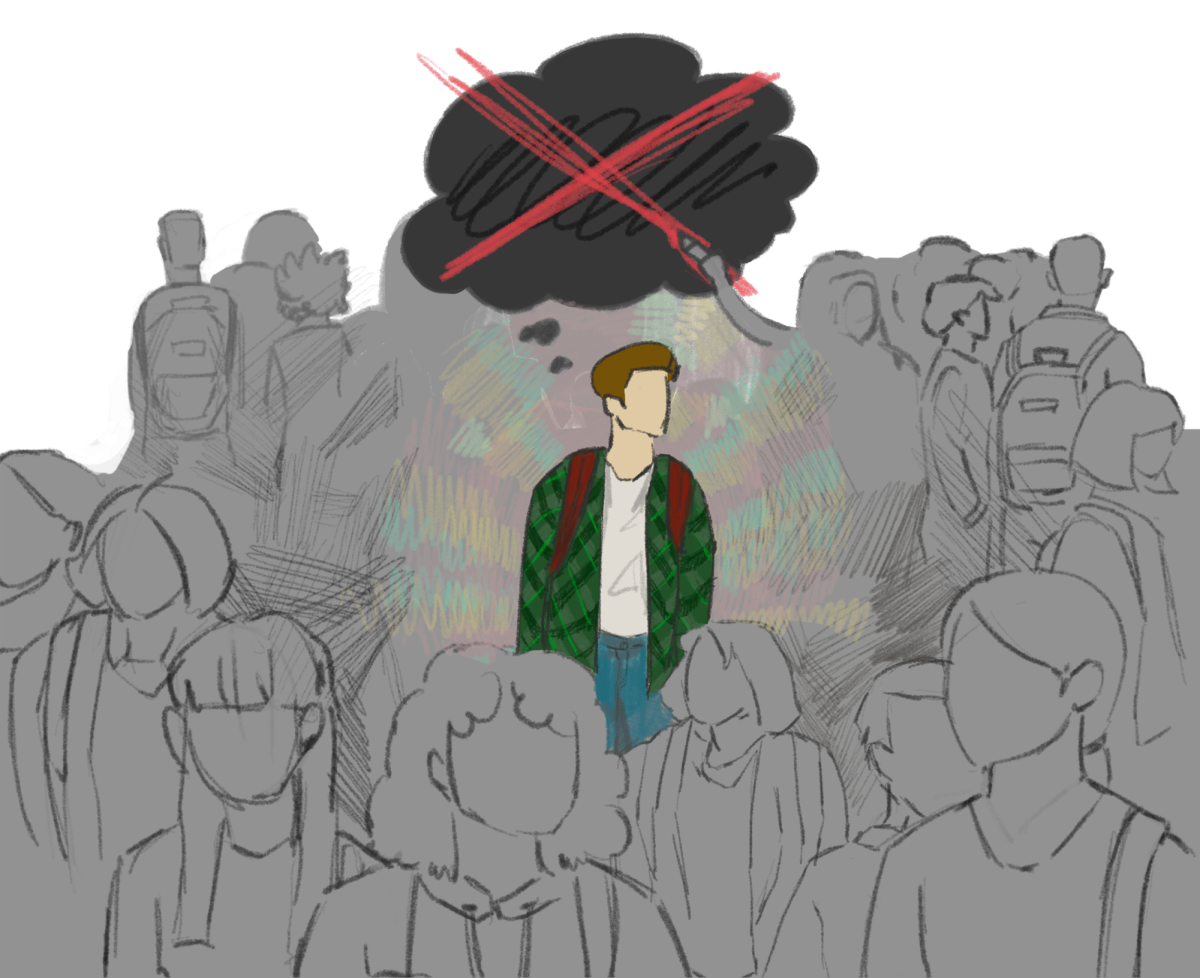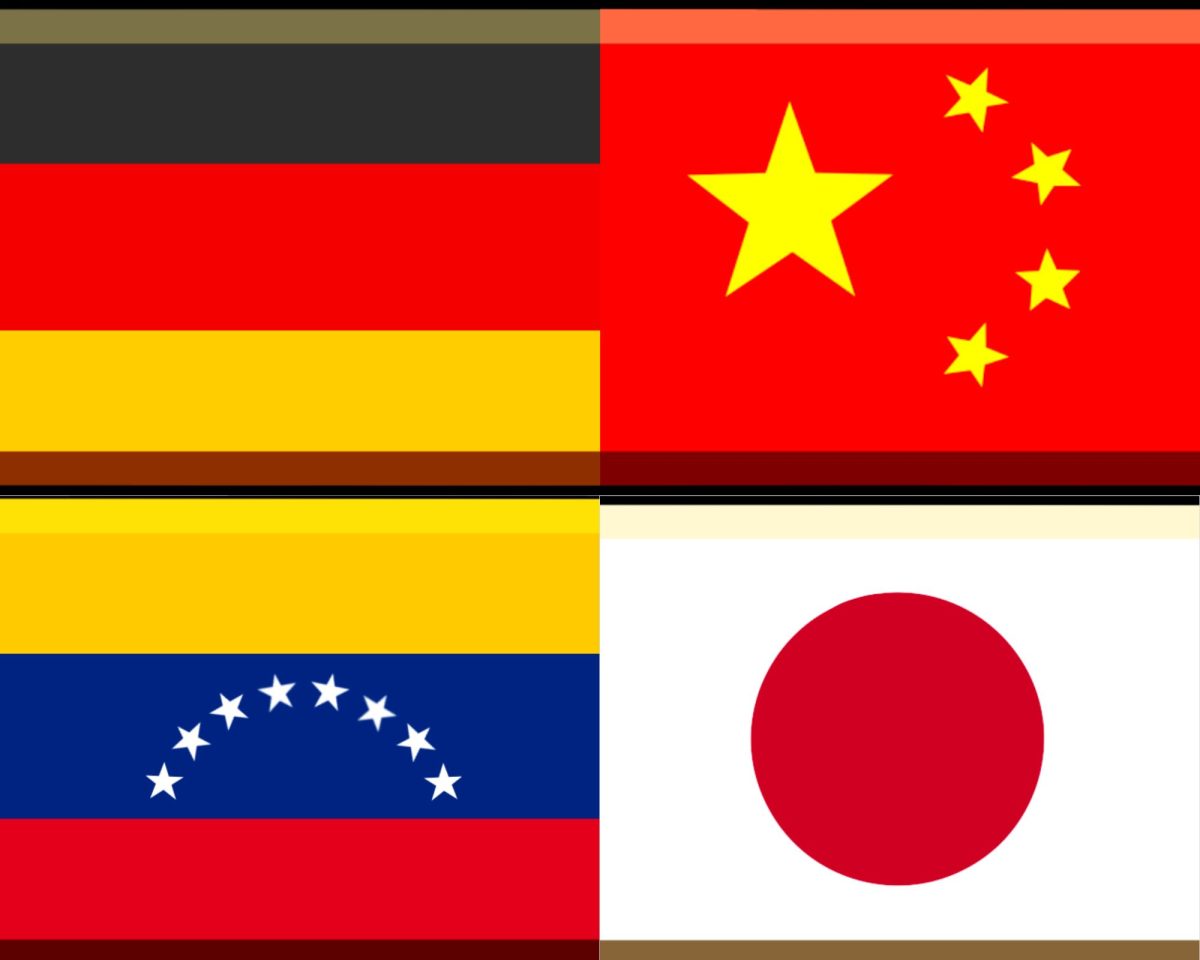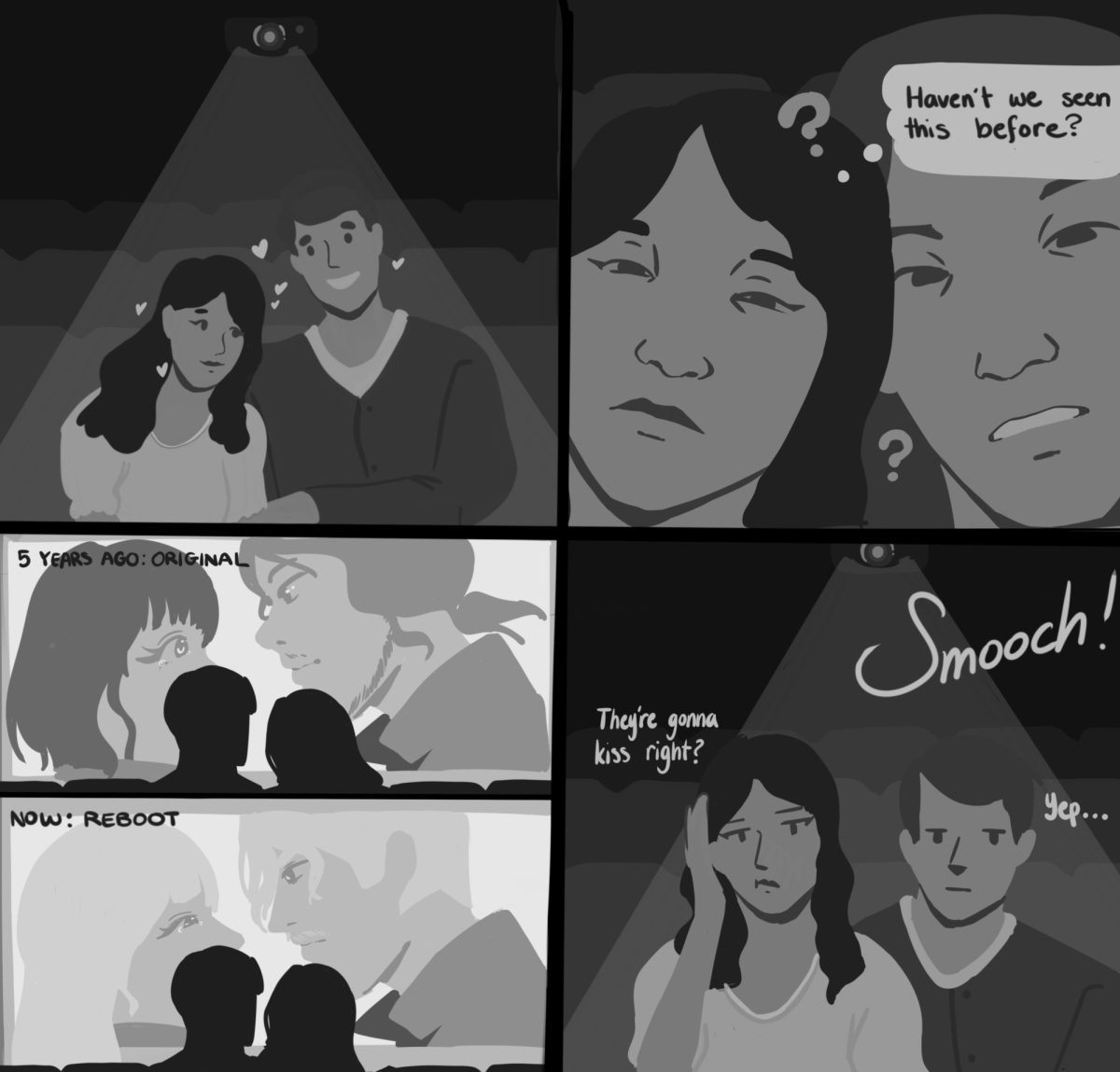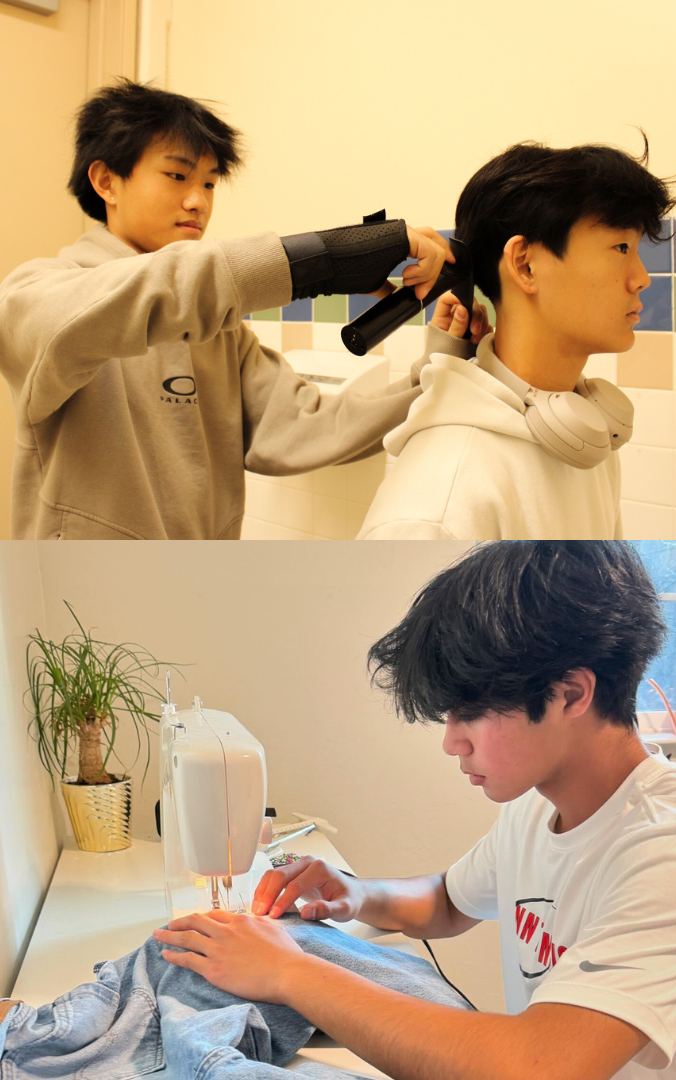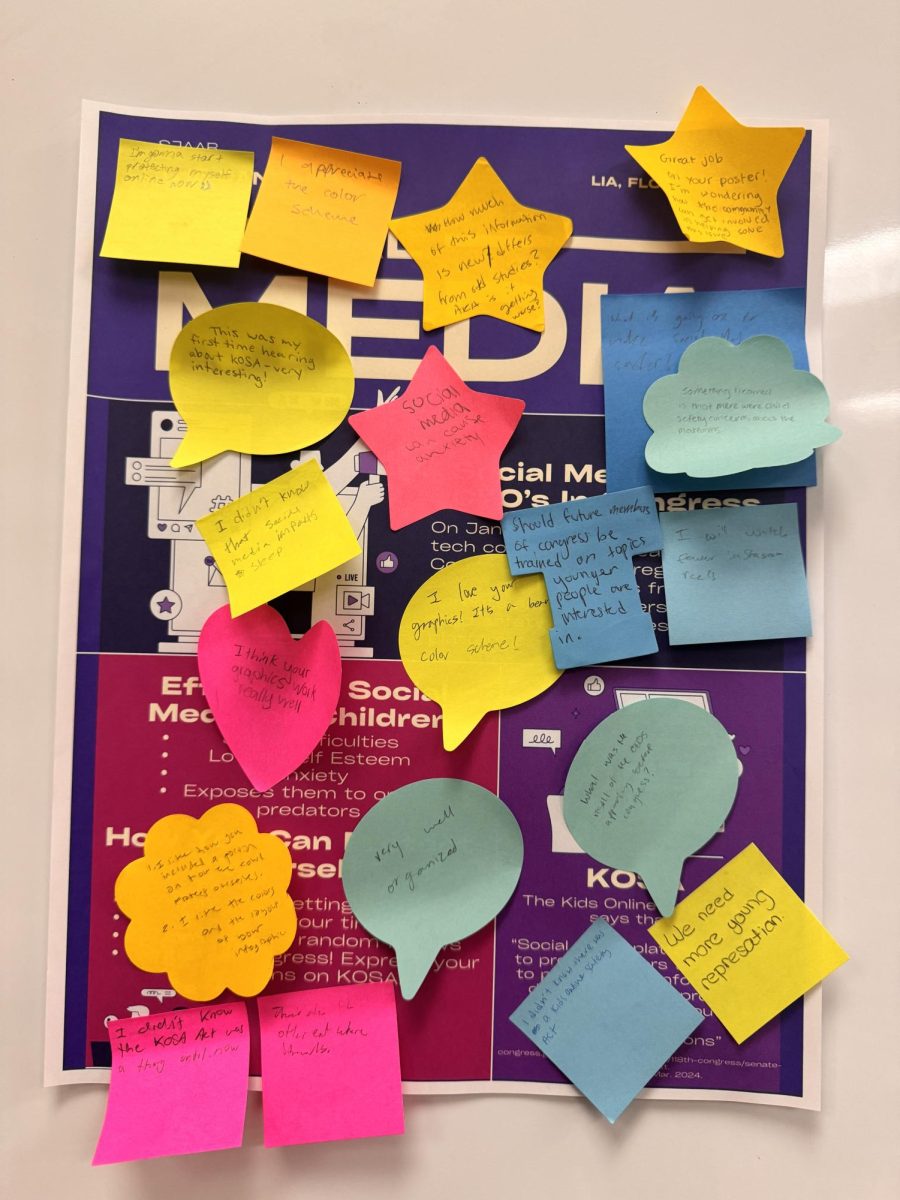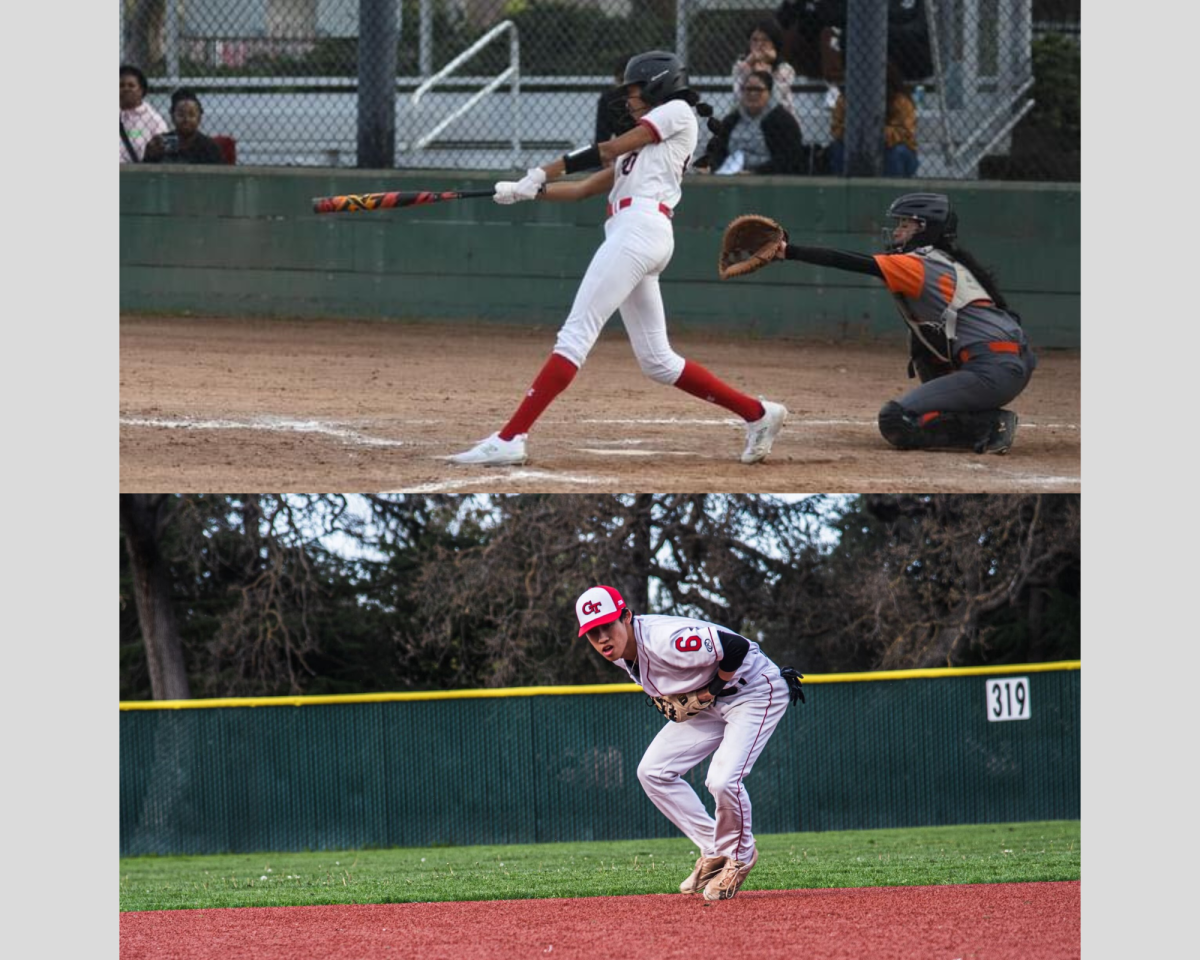In 2015, the drama and romance film “Aloha” sparked outrage for its casting choices, raising questions about equality for acting jobs in Hollywood. Emma Stone, a white actress, was cast as the Asian-Hawaiian character Allison Ng. Originally from the Hawaiian island of Oahu, Ng is a fighter pilot from Hawaiian, Swedish and Asian backgrounds. Many critics felt that casting Emma Stone was wrong, and that an actress with similar heritage to the character should have been chosen. This phenomenon, known as whitewashing, is when a white actor is cast to play a character of a different ethnicity. It is an issue that has recently been brought to the eyes of the world. However, this is nothing new to the world of cinema. In 1956, “The Conqueror” was released. Based on the 12th century mongol leader Genghis Khan, many would assume this infamous leader would be played by an actor of Asian descent. Instead, John Wayne, a Caucasian actor born in Iowa, was cast to play the part. Whitewashing is an important issue that is often overlooked in our society today. It has only been recognized in light of recent white-dominated Academy Awards. is phenomenon has a major elect on many children who grow up in the shadow of a white cinema, deters actors of non-caucasian descent from pursuing a career in acting and sets up unrealistic expectations of how stars should look according to Hollywood’s casting choices.
At Gunn, the Theatre department has a wide variety of roles played by different ethnicities. However, some students still feel pressure to stop acting or taking roles in drama due to the issue of whitewashing. According to sophomore Zoe McKeown, whitewashing discouraged her from a young age and hampered her drive to pursue her acting dreams because of the people she saw in the media. Like many other half-Asians, McKeown’s culture is underrepresented in the entertainment industry. Over half of hundreds of film content studied by USC’s Annenberg School for Communication and Journalism did not feature any speaking roles from Asian actors. is negatively affects what non-Caucasian actors feel that they are
capable of doing in entertainment. It is caused by witnessing actors of cultures other than theirs’ play roles meant
for them.
In the past year, there were no minority actors nominated for an Academy Award. As the Academy Awards are given to the best actors and actresses in the year’s film, for not even one minority to be nominated demonstrates how one-sided Hollywood has become. Since whitewashing discourages children from acting from the moment they turn on a television, it is a problem that should be discussed by actors and producers around the globe.
Drawing young actors to Hollywood and developing their talent is essential to the continued success of movie and TV business because it keeps the studios alive with fresh and young talent. Unfortunately, due to an overwhelming majority of young white actors, many non-white actors can be deterred from pursuing a career in media. According to Annenberg, only 28.3 percent of characters in TV are from underrepresented racial and ethnic groups. When junior Kiana Fong auditioned for the Disney Show “Wizards of Waverly Place” in sixth grade, she realized how different she looked from most actors her age. During her one-day audition, Fong was the only girl who was not white and blond auditioning for the part, an observance that caused her to doubt her chances and not perform her best. Because of cases like this, Asian-Americans like McKeown and Fong feel discouraged from acting at a young age. Out of 407 movie and TV directors studied by Annenberg, 87 percent of them are white, which is bound to influence their casting choices. However, this can be an opportunity to make things right. People like McKeown want to stand up to the system set in place, and hope to have an influence on young actors and actresses in the future. McKeown would be right: a system has been set in place. This system discourages and disheartens non-white actors from going into acting. Whitewashing has a affected the acting careers of many young people of a non-white heritage trying to make a name for themselves in the film industry, and it will continue to be a problem until something is done about it.
In Hollywood, there are thousands of actors and actresses, all of whom are hoping to land a job in a new show or movie. Sometimes it might seem that whitewashing isn’t as big a problem as it is portrayed to be by the media in recent months. Others argue that sometimes the media goes after whitewashing because they are pandering to people who feel sensitive and offended. This is not the case. According to Annenberg, 52 percent of the time, Asian-Americans like McKeown and Fong do not have even one speaking or named character in movies and television. Asian roles consistently do not appear in shows and movies, giving Asian actors no chance to have a role from the start. The same study revealed that 22 percent of all movies and television shows did not depict one African-American speaking character. This will change one day, but it will be a long and difficult path until equality is reached.
Thanks to recent media attention, whitewashing has had a new light cast upon it. It discourages people from pursuing careers and damages their chances of landing jobs in acting. This has been around since the dawn of cinema, and many Gunn students have had their own lives affected or influenced by this modern-day problem. Denied by many as a relevant issue, directors and actors need to realize that whitewashing is a very present problem, and will continue to discourage young non-white actors from pursuing their dreams until it is recognized as an unjust system and steps are made to combat it.





